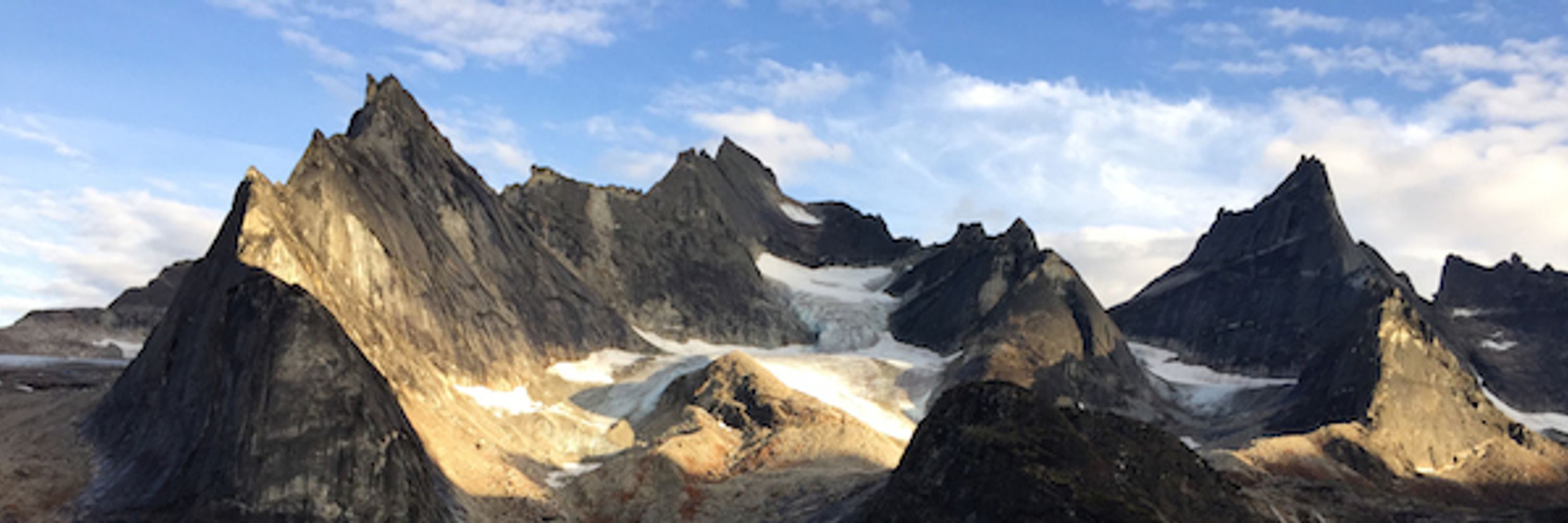
- Bond et al [33] was approved by UCSD IRB.
- Thomas & Wahedi [39] both authors had only Meta affils; no university IRB had jurisdiction.
- Huszar et al [75] dunno, cc @inference.vc.
- Kramer at al [82] was exempted; much has been written about this case. See the PNAS ed statement.
- Bond et al [33] was approved by UCSD IRB.
- Thomas & Wahedi [39] both authors had only Meta affils; no university IRB had jurisdiction.
- Huszar et al [75] dunno, cc @inference.vc.
- Kramer at al [82] was exempted; much has been written about this case. See the PNAS ed statement.


